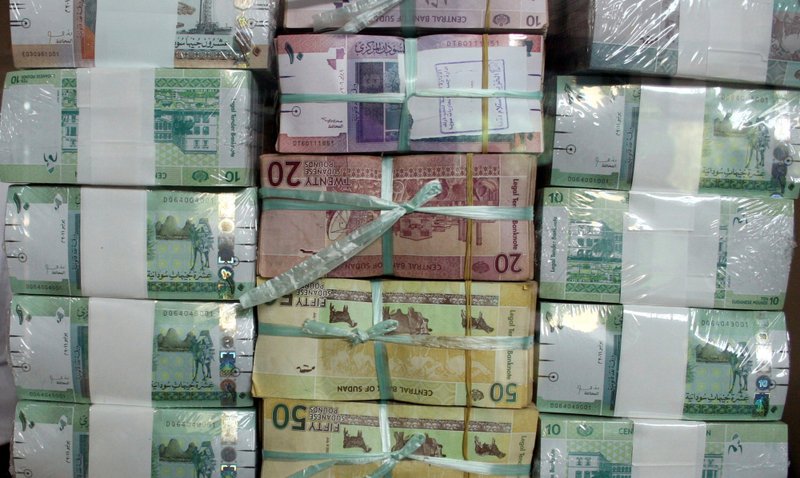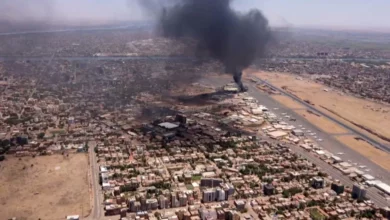
CAIRO (AP) — Tribal clashes erupted on Wednesday in eastern Sudan over the prime minister’s decision to sack a provincial governor, killing at least six people, a medical group said.
The violence came a day after authorities announced that annual inflation has hit a new record as prices of bread and other staples keep surging, according to official figures. Both the clashes and the high inflation threaten Sudan’s fragile transition to democracy in the aftermath of the ouster last year of longtime autocrat Omar al-Bashir.
Prime Minister Abdalla Hamdok on Tuesday fired Saleh Ammar, the newly appointed governor of Kassala province, following recent sporadic protests against his appointment that at times turned deadly.
Ammar, who hails from the Beni Amer tribe, was named governor of Kassala in July, when Hamdok appointed civilian governors for the country’s 18 provinces. He was nominated by the pro-democracy movement that was behind the uprising against al-Bashir.
But protests, mainly by a rival tribe that opposed his appointment, barred Ammar from entering Kassala, so he remained in the capital, Khartoum. The demonstrations escalated in August, when at least five people were killed and over three dozen were wounded.
Clashes broke out Wednesday between opposing tribes in the city of Suakin, in neighboring Red Sea province, with six people killed and at least 27 wounded including three in critical conditions, according to the Sudan Doctors’ Committee, which also campaigned for al-Bashir’s ouster. The group said the clashes subsided late Wednesday.
Local authorities imposed 16-hour curfews in Suakin and the city of Port Sudan, hotbeds of deadly clashes, after angry protesters blocked major roads there, according to the official SUNA news agency.
On Tuesday, Sudan’s Central Agency for Statistics said the annual inflation in September rose to 212.29 percent from 166.83 percent in August. The increase was driven by hikes in prices of bread and vegetables, and the jump in transportation fares, it said.
Inflation has been rising even before the military’s overthrow of al-Bashir in April 2019 amid a popular uprising. The economy has suffered from decades of US sanctions and mismanagement under al-Bashir, who had ruled the country since the 1989 Islamist-backed military coup.
The transitional government is struggling to revive the economy amid a huge budget deficit and widespread shortages of essential goods, including fuel, bread and medicine.
Sudan has close to US$60 billion in foreign debt, and debt relief and access to foreign loans are widely seen as its gateway to economic recovery. But access to foreign loans is linked to the removal of sanctions related to the country’s listing by the US as a state sponsor of terror. President Donald Trump’s administration has linked the removal from the list to normalizing relations with Israel, an issue that has divided the county’s fragile interim government.
The International Monetary Fund last month signed off on the government’s economic reform program, which could eventually allow Sudan to get debt relief and move ahead with rebuilding the battered economy. The reform program includes a gradual lifting of energy subsidies, which eat up 36 percent of the government’s budget.
The national currency has plunged dramatically. The Sudanese pound has been selling for more than 250 to the dollar on the black market, with the official rate remaining at 57 Sudanese pounds to US$1.
The coronavirus pandemic and recent seasonal flash floods have added to the calamity. Authorities in September declared the country a natural disaster area and imposed a three-month state of emergency.




